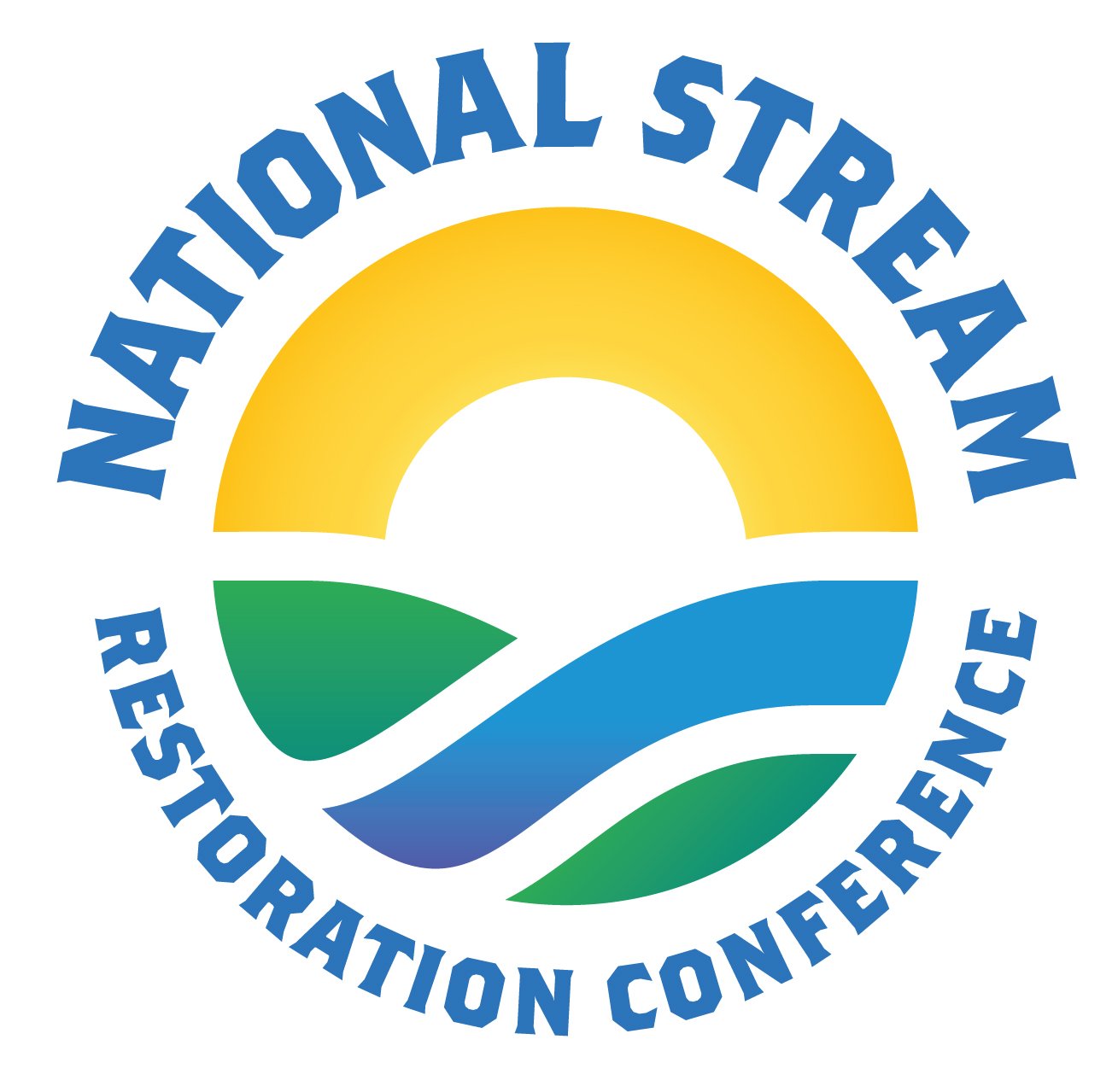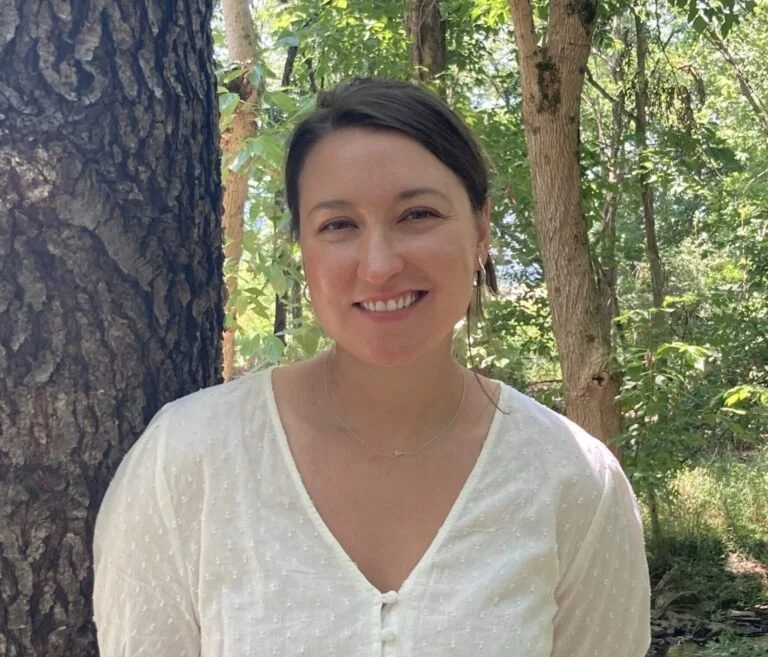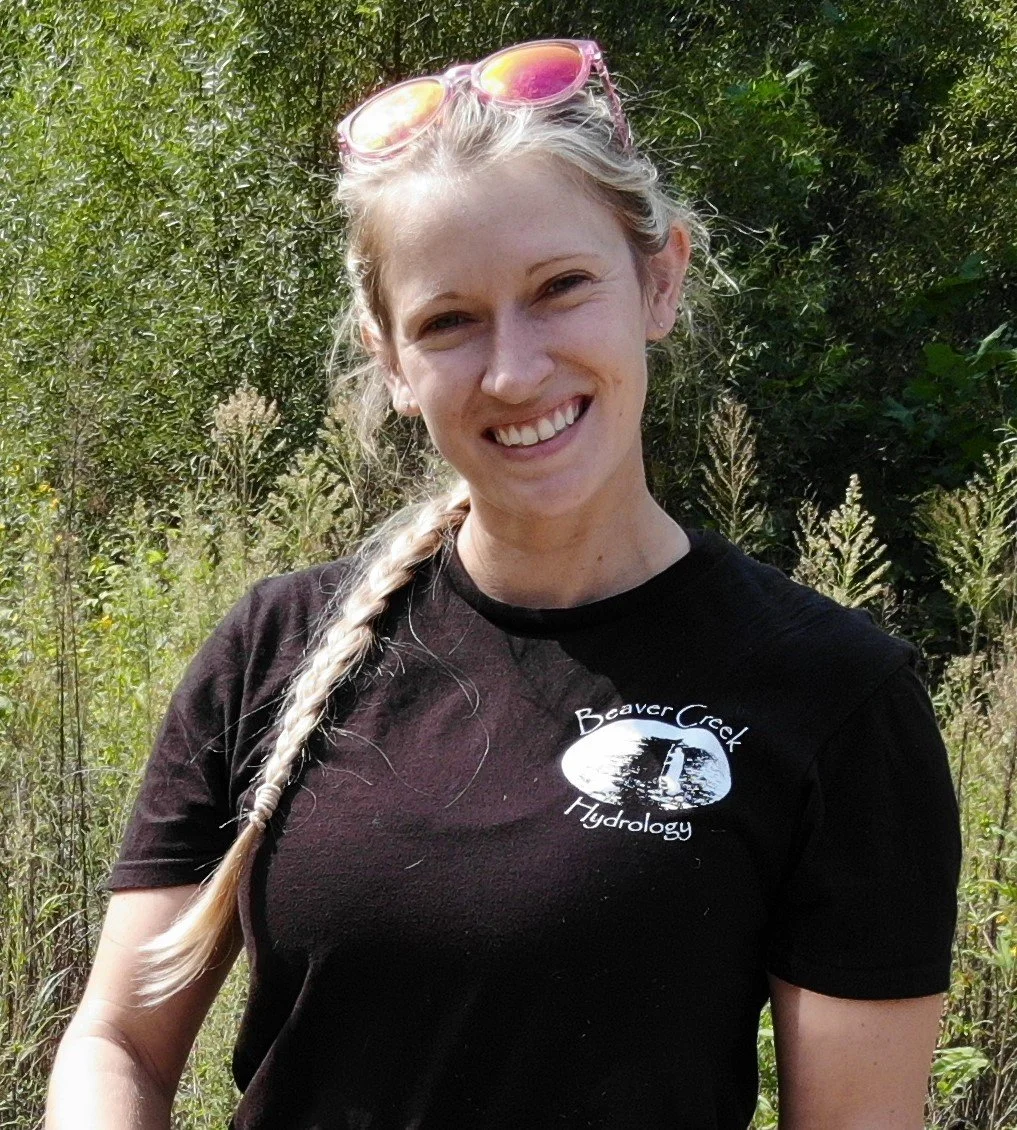Integrating Climate Variability into Stream and Wetland Restoration Design in the Southeastern United States
Leslie J. White, PhD
Derek Scott, PE
Amy Schultz, PE
Jason Brown
Beaver Creek Hydrology
Lexington, KY
Stream and wetland systems in the southeastern United States are particularly vulnerable to climate variability, which is driving changes in precipitation patterns, hydrologic regimes, and ecosystem dynamics. These challenges necessitate innovative restoration approaches that integrate hydrologic modeling with ecological planning to build resilience against more frequent droughts, intense rainfall events, and shifting seasonal water availability.
This presentation focuses on strategies to design and manage stream and wetland restoration projects that anticipate and adapt to these climate-driven changes. We discuss methods for modeling future hydrologic scenarios to guide design decisions, such as enhancing floodplain connectivity and accommodating increased hydrologic variability for streams, as well as ground-water surface interactions for wetlands. Additionally, we emphasize the importance of diverse planting plans for both stream and wetland restoration. Native species selection needs to be focused on adaptability to hydrologic and thermal extremes while focusing on increased functions such as carbon sequestration and nutrient retention.
Using case studies from southeastern restoration projects, we demonstrate how integrating hydrologic modeling tools, adaptive planting plans, and monitoring frameworks can create systems that support biodiversity, mitigate climate impacts, and provide ecosystem services. This holistic approach underscores the need for restoration practitioners to anticipate future climate conditions while balancing ecological integrity with stakeholder priorities in wetland and stream restoration.
About Leslie J. White, PhD
Leslie is a broadly trained ecologist. She has a B.S. in wildlife biology, M.S. in ecology and evolutionary biology, and a Ph.D. in entomology. Her fieldwork ranges from studying carnivorous plants in wetland bogs of the Florida panhandle to conducting studies on arthropod cold-tolerance at both Arctic and Antarctic field stations. She has successfully procured grant funding for her education and research projects and has been published numerous times. Leslie’s responsibilities at Beaver Creek include managing the ecology team, collecting and preparing field data, and facilitating emerging research opportunities for the restoration industry.
https://www.linkedin.com/in/leslie-p-white/
About Derek Scott, PE
Coming Soon
About Amy Schultz, PE
Amy Schultz, PE, is a Project Manager with Beaver Creek Hydrology, where she leads the design, permitting, construction oversight, and post-construction monitoring of large-scale stream and wetland mitigation banks across Kentucky and Tennessee. Her work integrates geomorphic assessment, hydraulic and hydrologic modeling, and construction plan development for complex restoration projects. Amy brings a comprehensive, field-informed perspective to her work, integrating regulatory compliance, ecological goals, and practical implementation to support successful restoration outcomes. She is excited to present on lessons-learned from her experience restoring large scale headwater systems.
https://www.linkedin.com/in/amyschultz92/
About Jason Brown
Coming Soon



